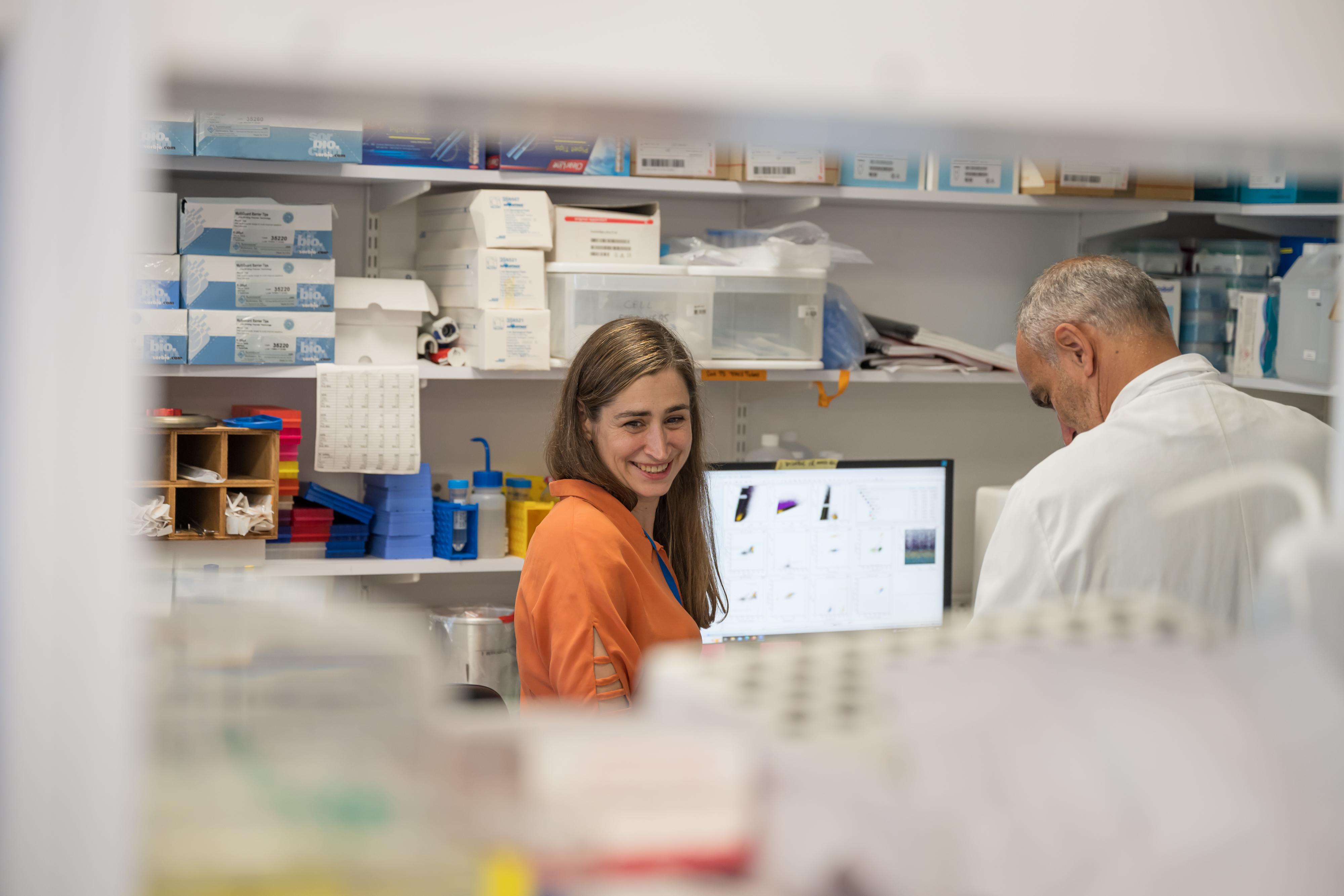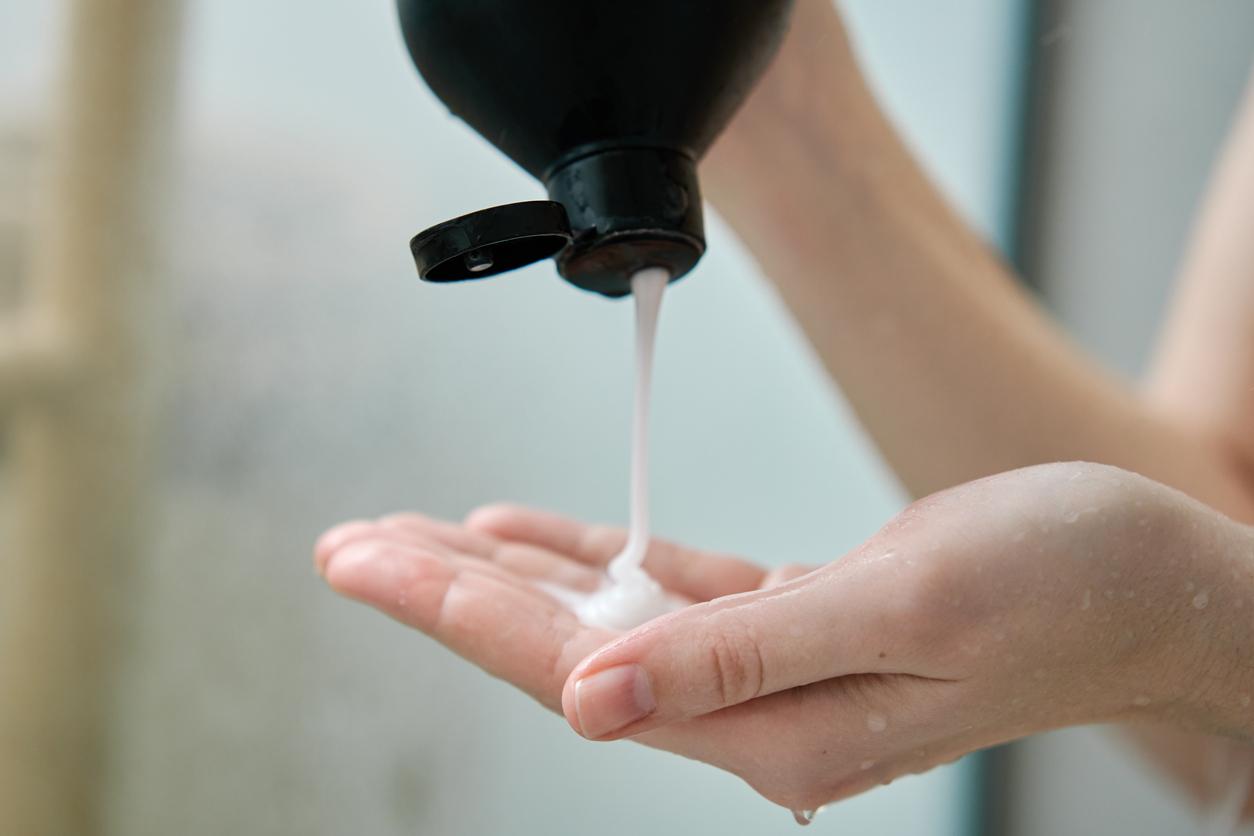Are pregnant women infected with covid-19 more at risk of serious complications? A new study from the University of Edinburgh (Great Britain) shows that this risk of complications is especially present during the last month of pregnancy.
“The results show that preterm births, stillbirths and newborn deaths are more common among women who caught the virus 28 days or less before their due date.” point out the authors. “The majority of complications, which also include Covid-related intensive care admissions, have occurred in unvaccinated women.
For this study, researchers looked at all data from pregnant women in Scotland (over 87,000 women aged 18-44) between December 2020 and October 2021. They found that the perinatal death rate for babies born within 28 days of their mothers developing Covid-19 was 23 per 1000 births and all of these baby deaths occurred in women who were not vaccinated against Covid-19 at the time of infection.
A risk that mainly affects women expecting comorbidities
Last April, a global study already indicated that the risk of complications does indeed exist in pregnant women who catch covid-19. According to the results of this study, in which researchers from 43 maternities in 18 countries participated, “pregnant women who contracted COVID-19 during pregnancy were 20 times more likely to die than those who did not contract the virus”. If the virus does not seem, a priori, more dangerous for pregnant women than for those who do not are not, it is above all the management of possible respiratory distress in pregnant women that can pose a problem. Because this management is more complicated. This is also why pregnant women are eligible vaccination against covid-19, from the second trimester of pregnancy.
“The key thing to remember is that pregnant women are not more likely to get Covid-19, but if they do get it they are more likely to get very sick and need intensive care, ventilation or give birth. to a premature baby” underlined thee Dr Michael Gravett from the University of Washington (USA) and co-author of this study published in Jama Pediatrics. The doctor specifies, however, that this risk of serious complications does not affect women with a mild form of the coronavirus, but that it affects above all pregnant women with comorbidities (obesity, diabetes, pregnancy-induced hypertension).
What does the Bichat hospital study say?
A study from Bichat Hospital in Paris published in Plos medicine, studied the medical records of 245,000 future mothers who gave birth during the period from January to June 2020. Their main conclusions: pregnant women of at least 22 weeks, diagnosed positive for covid-19 had a higher risk of complications from their pregnancy and childbirth.
Compared to the group of pregnant women without covid, they had:
- higher risk of admission to intensive care unit (5.9% vs. 0.1%)
- higher mortality risk (0.2% vs. 0.005%)
- higher risk of preeclampsia/eclampsia (4.8% vs. 2.2%)
- higher risk of gestational hypertension (2.3% vs. 1.3%)
- greater risk of peripartum and postpartum hemorrhage (10.0% versus 5.7%).
Are there any risks for the baby?
All women who become pregnant during this pandemic period also ask themselves the question: what are the risks for my baby. A second study, also published on November 30, 2021, will reassure parents. According to this study by the Radiological Society of North America, after analyzing the fetal MRIs of 33 patients infected with covid-19, at an average of 28 weeks of pregnancy, it was established that their baby’s brain development was comparable to that of other fetuses.
Sources:
- SARS-CoV-2 infection and COVID-19 vaccination rates in pregnant women in Scotland, Nature medicine, January 2022
- Obstetrical outcomes and maternal morbidities associated with COVID-19 in pregnant women in France: A national retrospective cohort study, Plos medicine, November 2021
- Maternal and Neonatal Morbidity and Mortality Among Pregnant Women With and Without COVID-19 Infection, Jama pediatrics, April 2021
- Pregnancy and neonatal outcomes of COVID-19: co-reporting of common outcomes from PAN-COVID and AAP-SONPM registries, Ultrasound in Obstetrics and Gynecology, April 2021
Read also :
- Covid-19 saliva test: who can benefit from it?
- The isolation period increases to 10 days for any positive test
- Covid-19: children protected by their innate immune system


















